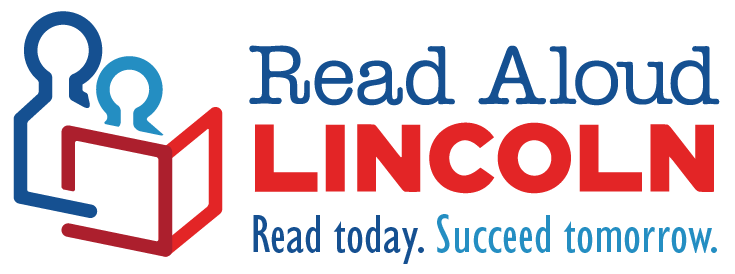Why read aloud?
There is an easy way to improve your
child’s kindergarten readiness.
There is an easy way to improve your child’s kindergarten readiness. It will entertain and delight him. It will strengthen the bonds between him and you. And it is virtually free.
Sound too good to be true? Actually, it isn’t. The magical method: taking time to read aloud to your child.
Research has repeatedly proved that one simple parenting technique is among the most effective. Children who are read aloud to by parents get a head start in language development and literacy skills and go to school better prepared. Equally important is the bond that is formed when a parent reads and talks to the child.
“Every time we read to a child, we’re sending a ‘pleasure’ message to the child’s brain,” Jim Trelease writes in “The Read-Aloud Handbook.” “You could even call it a commercial, conditioning the child to associate books and print with pleasure.”
We know there is a great deal of competition for a child’s attention today. Between television, movies, the Internet, video games, and multiple after-school activities the pleasures of sitting down with a book are often overlooked. The American Academy of Pediatricians offers this tip to help parents and children nurture their relationship: read a book together.
That can have long-term consequences. As Mr. Trelease succinctly puts it in his handbook, “Students who read the most, read the best, achieve the most, and stay in school the longest. Conversely, those who don’t read much, cannot get better at it.”
Reading aloud is, according to the landmark 1985 report “Becoming a Nation of Readers,” “the single most important activity for building the knowledge required for eventual success in reading.”
Despite this advice, however, some educators and many parents don’t read aloud to children from a young age and thus fail to nurture avid and skilled readers. Indeed, this is especially true for children in low-income families. According to the Federal Interagency Forum on Child and Family Statistics, only 48 percent of families below the poverty level read to their preschoolers each day, compared with 64 percent of families whose incomes were at or above the poverty level. Children from low-income families are also less likely to have exposure to print materials.
The great news for families is that this sage piece of parenting wisdom is easy to follow. Reading aloud to your child requires only a book – free, with a library card – and your willingness to spend a little quality time with your child. And while the sacrifices to read aloud are few, the benefits are many: Your child may learn to read better, think better, imagine more richly, and become a passionate and lifelong reader. More than these long-term benefits, however, are some more immediate: The pleasures of spending time with your child and sharing the enjoyment of a good book.
